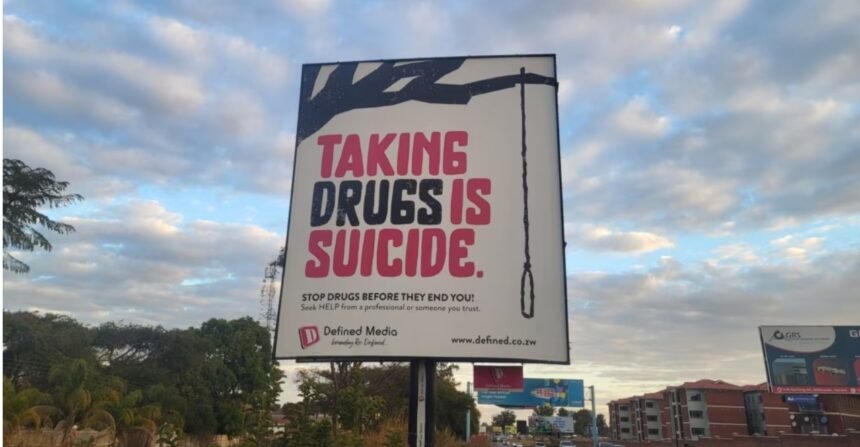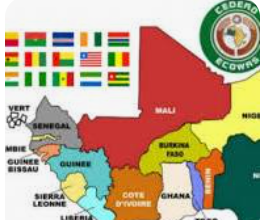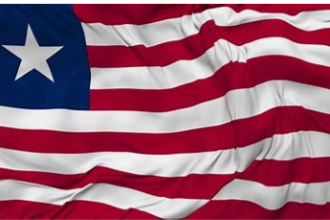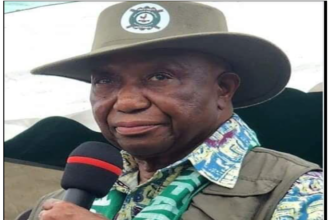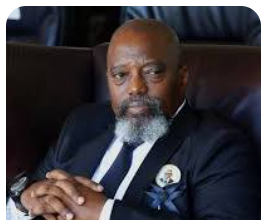By Simba Munyua
HARARE – Zimbabwe is grappling with a severe drug and substance abuse crisis, a challenge that has prompted calls for Draconian measures against those perpetuating the problem. In a recent parliamentary session, Tendai Nyabani, the ZANU PF Member of Parliament for Rushinga, made an unequivocal demand for the prosecution and lengthy incarceration, specifically life imprisonment, of drug lords fueling the national menace.
Speaking on a point of national interest in the National Assembly, Nyabani articulated a grim comparison, likening the pervasive spread of drugs to a war, even drawing parallels to the conflict in Ukraine. He argued that the incapacitation and destruction of the nation’s youth through substance abuse is tantamount to “killing,” as it deprives the country of its future. “Killing does not mean just getting into the grave, but if people are incapacitated, they die as well because if we refer to a country, we are referring to the young people,” Nyabani passionately stated. He further expressed gratitude towards President Emmerson Mnangagwa for the government’s efforts to curb the “drug pandemic,” emphasizing the need for continued vigilance to restore the nation’s “former glory.”
Nyabani’s impassioned plea gains particular resonance coming barely a week after serious allegations were raised by Youth Minister Tino Machakaire. Machakaire claimed that some high-ranking government and party officials were illicitly bringing drugs into the country, directly contributing to the devastation of young lives. This accusation underscores the potential for powerful figures to be involved in the drug trade, making the call for severe penalties even more critical.
The MP explicitly advocated for stiffer sentences, arguing that drug syndicates are employing diverse and sophisticated methods, including the use of drones, to smuggle narcotics into the country. He underscored that the primary motivation behind these activities is financial gain, urging the President to maintain a firm stance: “The President should continue with the mantra that those who are caught with drugs should be prosecuted and sentenced to life in prison.”
Beyond legislative calls, the Zimbabwean government has demonstrated a tangible commitment to combating the crisis. Recently, Vice President Constantino Chiwenga led a prominent anti-drug and substance abuse initiative in Harare’s Highfield high-density suburb. This public engagement highlights the severity of the scourge, which has not only destroyed families but also disproportionately affected young people, particularly those grappling with unemployment.
The heightened discourse from various strata of leadership – from parliamentary representatives to cabinet ministers and the Vice President – signals a growing national consensus on the urgency of the drug crisis. With calls for life imprisonment on the table for drug traffickers, Zimbabwe appears poised to adopt a zero-tolerance approach, seeking to protect its youth and secure its future from the devastating impact of substance abuse.


